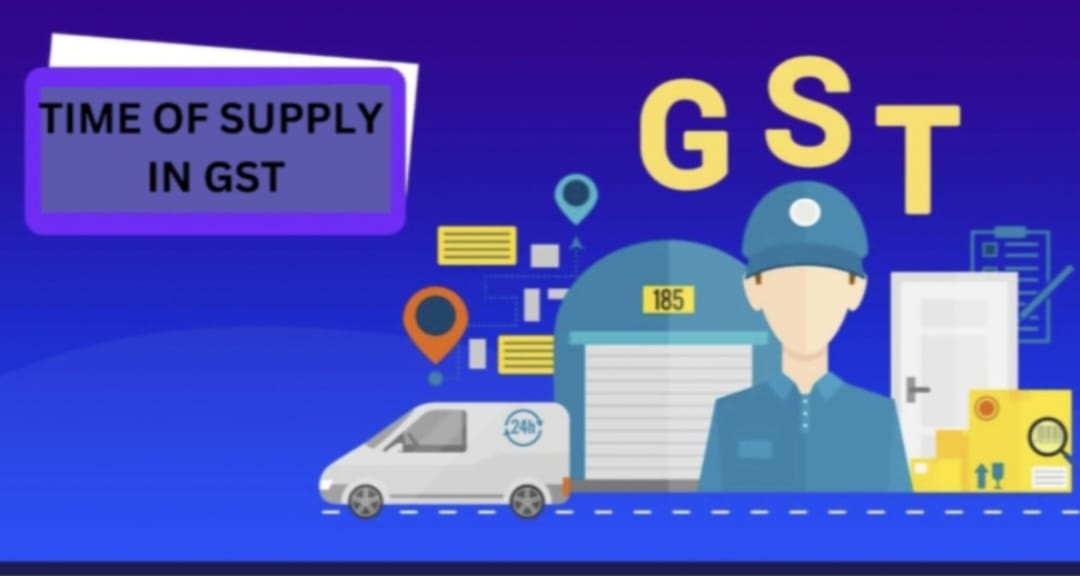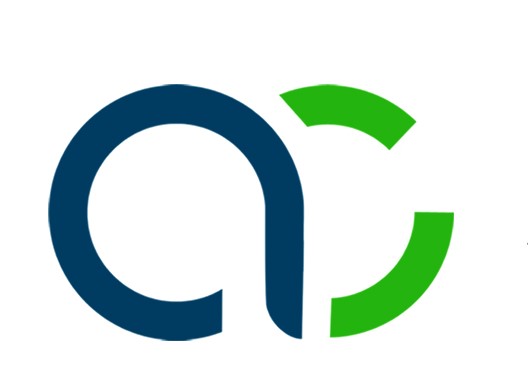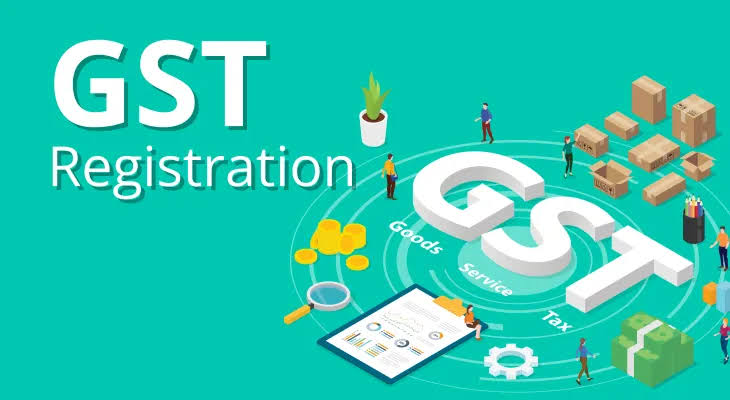Time of Supply in GST
The Time of Supply under GST determines when GST
liability arises. Understanding these rules is essential for timely compliance
and accurate tax payments.
Why is Time of Supply Important? , Time of Supply for Goods and Service
Why
is Time of Supply Important?
·
Identifies tax payment deadlines.
·
Reduces disputes over tax liabilities.
·
Ensures proper input tax credit claims.
Time
of Supply for Goods :
1.
Forward Charge Mechanism :
·
The
earliest of:
o
Invoice issuance date.
o
Last date to issue the invoice (as per
Section 31).
o
Date of payment.
·
Example:
o
Invoice:
January 10, 2025.
o
Payment:
January 5, 2025.
o
Invoice
deadline: January 15, 2025.
o
Time
of supply: January 5, 2025.
2.
Reverse Charge Mechanism :
·
The
earliest of:
o
Date goods are received.
o
Payment date.
o
30 days from invoice date (60 days for
services).
·
Example:
o
Goods
received: January 8, 2025.
o
Payment:
January 12, 2025.
o
Invoice:
January 5, 2025.
o
Time
of supply: January 8, 2025.
Time
of Supply for Services :
1.
Forward Charge Mechanism :
·
The
earliest of:
o
Invoice issuance date.
o
Last date to issue the invoice (30 days
after service completion).
o
Payment date.
·
Example:
o
Service
completed: February 1, 2025.
o
Invoice:
February 5, 2025.
o
Payment:
January 30, 2025.
o
Time
of supply: January 30, 2025.
2.
Reverse Charge Mechanism :
·
The
earliest of:
o
Payment date.
o
60 days from invoice date.
·
Example:
o
Invoice:
March 1, 2025.
o
Payment:
April 10, 2025.
o
Time
of supply: March 1, 2025.
Special Scenarios and Challenges
Special
Scenarios :
·
Identifiable
supply: Date of voucher issue.
·
Non-identifiable
supply: Date of voucher redemption.
·
Advance
Payments: Time of supply is the date of advance receipt.
·
Continuous
Supply: Time of supply depends on the invoice issuance date
or payment schedule in the contract.
·
Interest
or Late Fees: Time of supply is the date of receipt.
Challenges
:
·
Ambiguity:
Difficulties in determining time of supply for specific cases.
·
Advances:
Compliance issues with advance payments.
·
Complex
Contracts: Challenges in continuous supply transactions.
Conclusion
Understanding the Time of Supply in GST is crucial
for avoiding errors, ensuring timely tax payments, and maintaining compliance.
Businesses must carefully analyze their transactions and follow GST provisions
to manage their tax obligations effectively.






